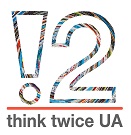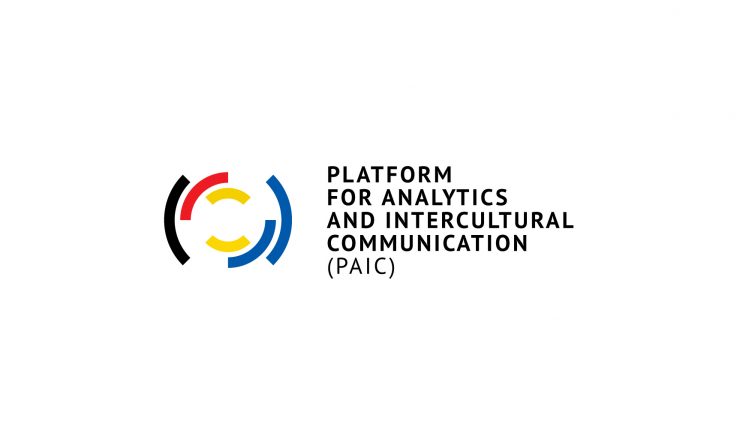Ukrainian think tanks play a key role in the development of the Ukrainian state and constitute a bridge between politics and society. As one of the main actors in Ukraine think tanks exert an effective influence on policy-making processes through their work. The Euromaidan in 2014 has marked a turning point for Ukrainian think tanks as these protests considerably increased the demand for high-quality analysis about processes in Ukraine in both domestic and international environments. In order for Ukrainian think tanks to exert the most influence on national policy as well as on the European discourses, Ukrainian experts underline the necessity of expanding their professional competences and of a closer integration into European networks. At the same time, it is essential to consider intercultural differences as well as the situational context in order to detect and prevent possible barriers to cooperation with foreign partners.
These issues were addressed by the project ‘Platform for Analytics and Intercultural Communication’ (PAIC), which was organized by the Institute for European Politics (IEP, Berlin) in cooperation with the Ilko Kucheriv Democratic Initiatives Foundation (DIF, Kyiv), and the think tank Initiative think twice UA (Kyiv), with the support of the German Federal Foreign Office. More precisely, the project aimed at the promotion of professional skills among Ukrainian think thanks, the creation of synergies between Ukrainian and German think tanks, the transfer of knowledge about processes in Ukraine to Germany, the strengthening of Ukraine expertise among junior researchers in Germany and the transmission of intercultural competencies, which are essential for successful cooperation.
The above-mentioned objectives were realized within the period of 01.07.2018 to 31.07.2019 through implementing a series of activities in Germany and Ukraine:
- Workshops for Ukrainian think tank representatives in both Kyiv and regional capitals. The main goal lies in the promotion of skills in the areas of policy analysis, research design, critical thinking, fundraising and intercultural communication;
- Study trip for Ukrainian think tank representatives to Germany, providing professional exchange with German think tank representatives as well as meetings with key actors in economy, politics and academia;
- Study trip for German junior researchers to Ukraine, providing professional exchange with Ukrainian think tank representatives. The exchange concerned various issues such as reforms in social policy, including the education and health sector, the decentralisation process, humanitarian situation etc.;
- Ukraine expert discussions at the IEP, giving room to Ukrainian experts to present short academic lectures regarding current issues;
- Interview series with Ukrainian experts on the current situation of Ukrainian think tanks and processes within Ukraine. They were published in both German and Ukrainian;
- Publication of a qualitative study which explores the cooperation between civil society organizations and state actors in Ukraine and Germany;
- Final conference in Berlin and Kyiv for both German and Ukrainian think tank representatives, in which the study was presented.
This project was built upon the results of the study ‘Think Tanks in Germany and Ukraine: differences and perspectives for cooperation’, conducted within the framework of the preceding project in 2016 ‘Think Tanks in Ukraine: strengthening expertise and promoting European cooperation’ and the experiences from the PAIC project phase in 2017/2018.

